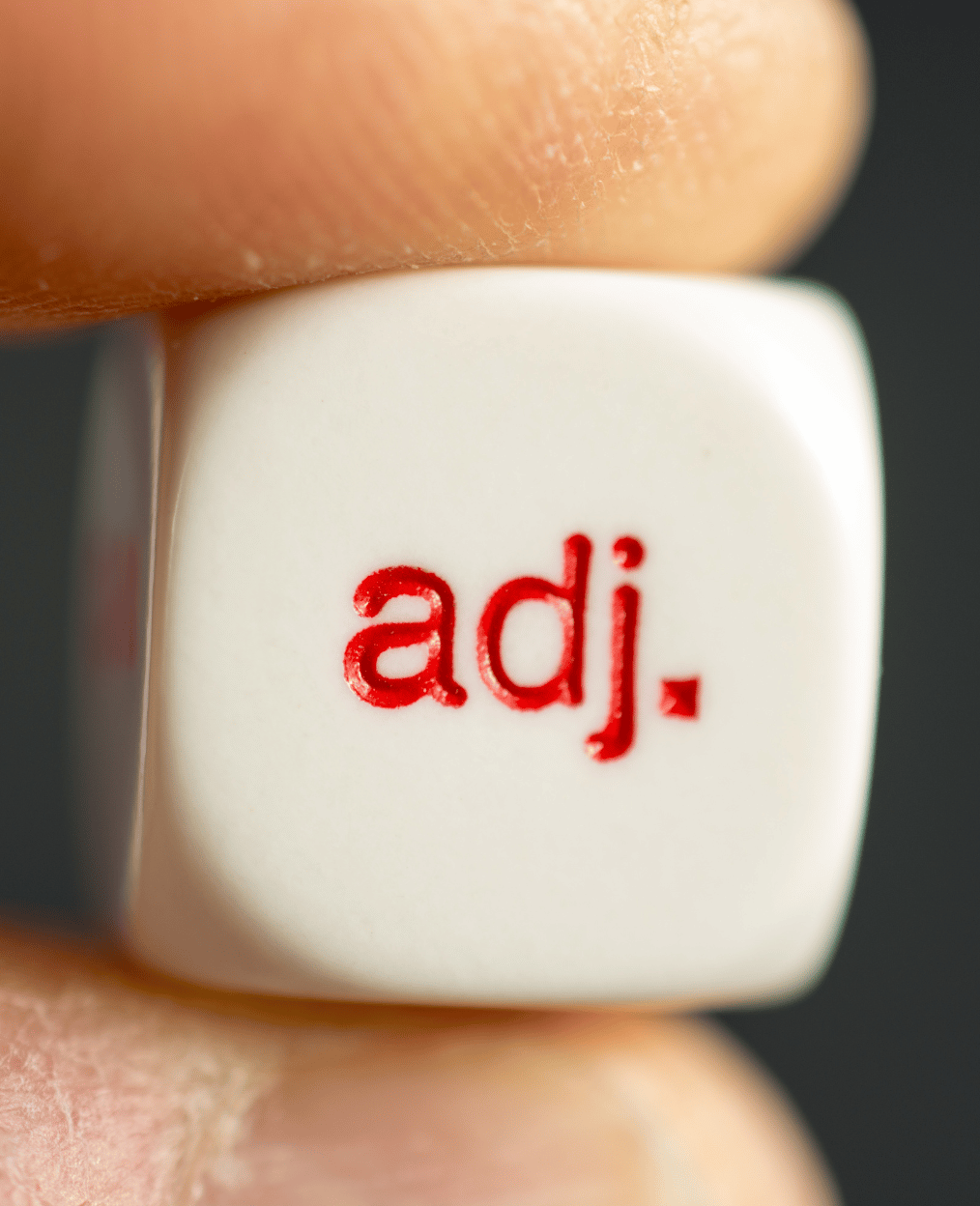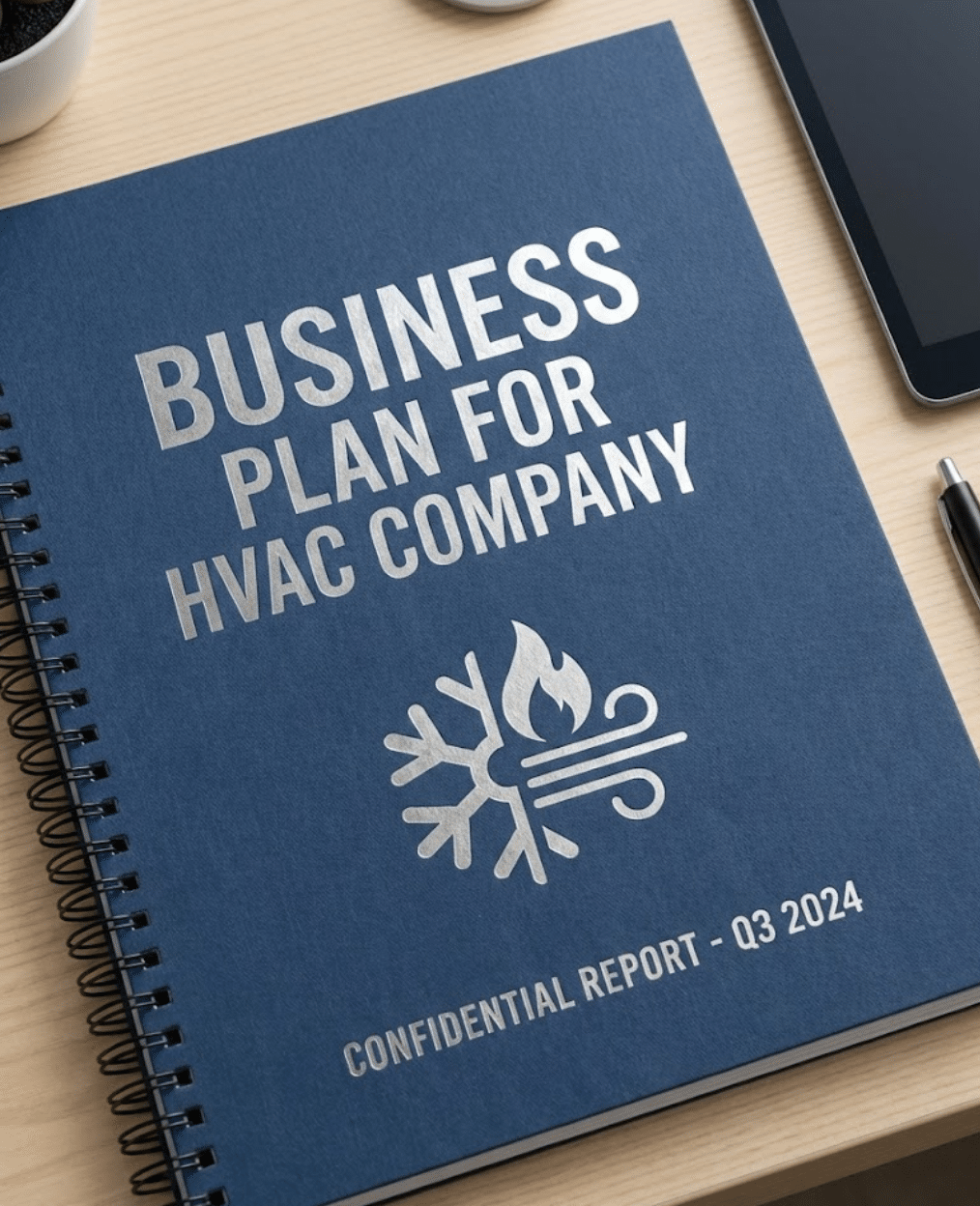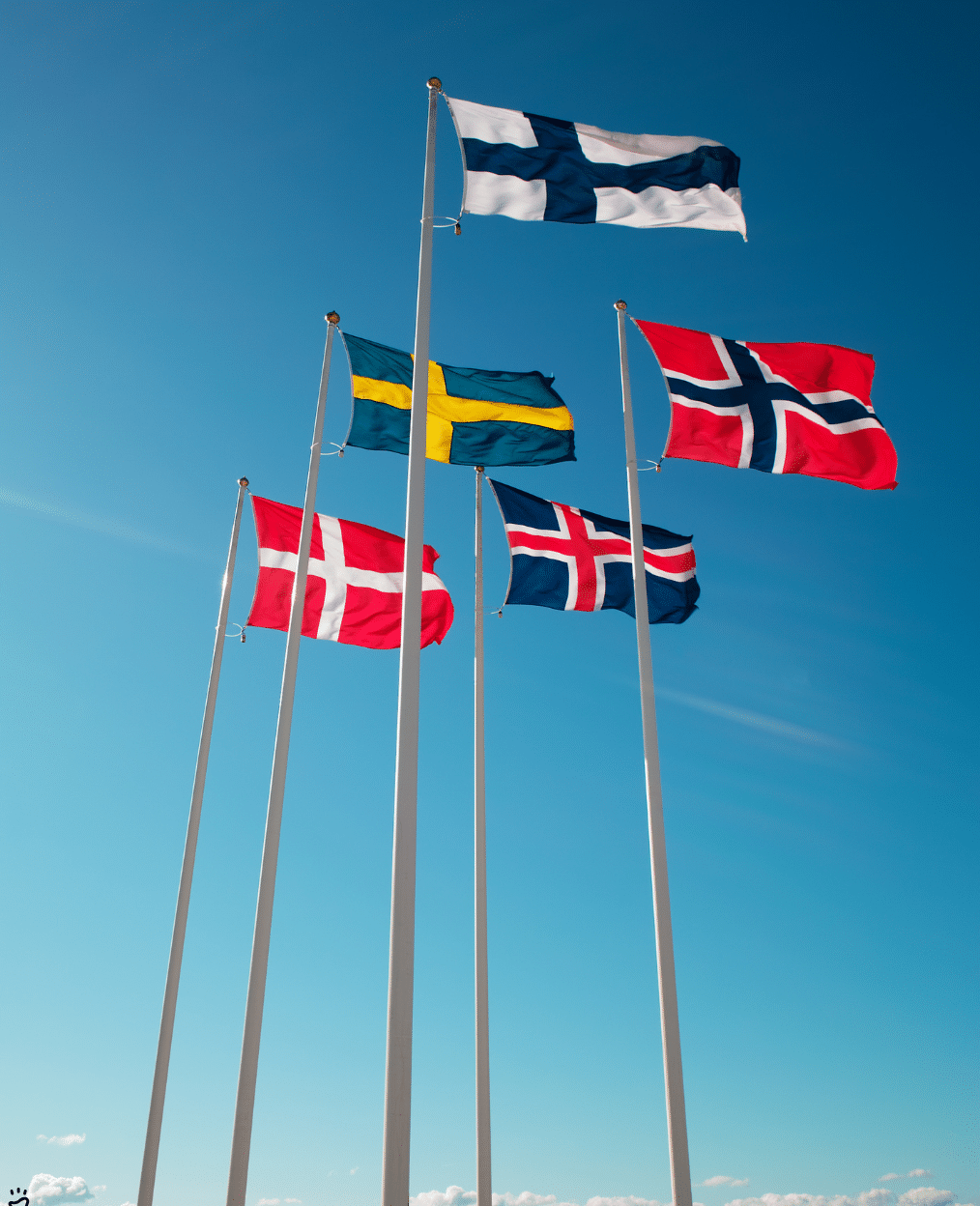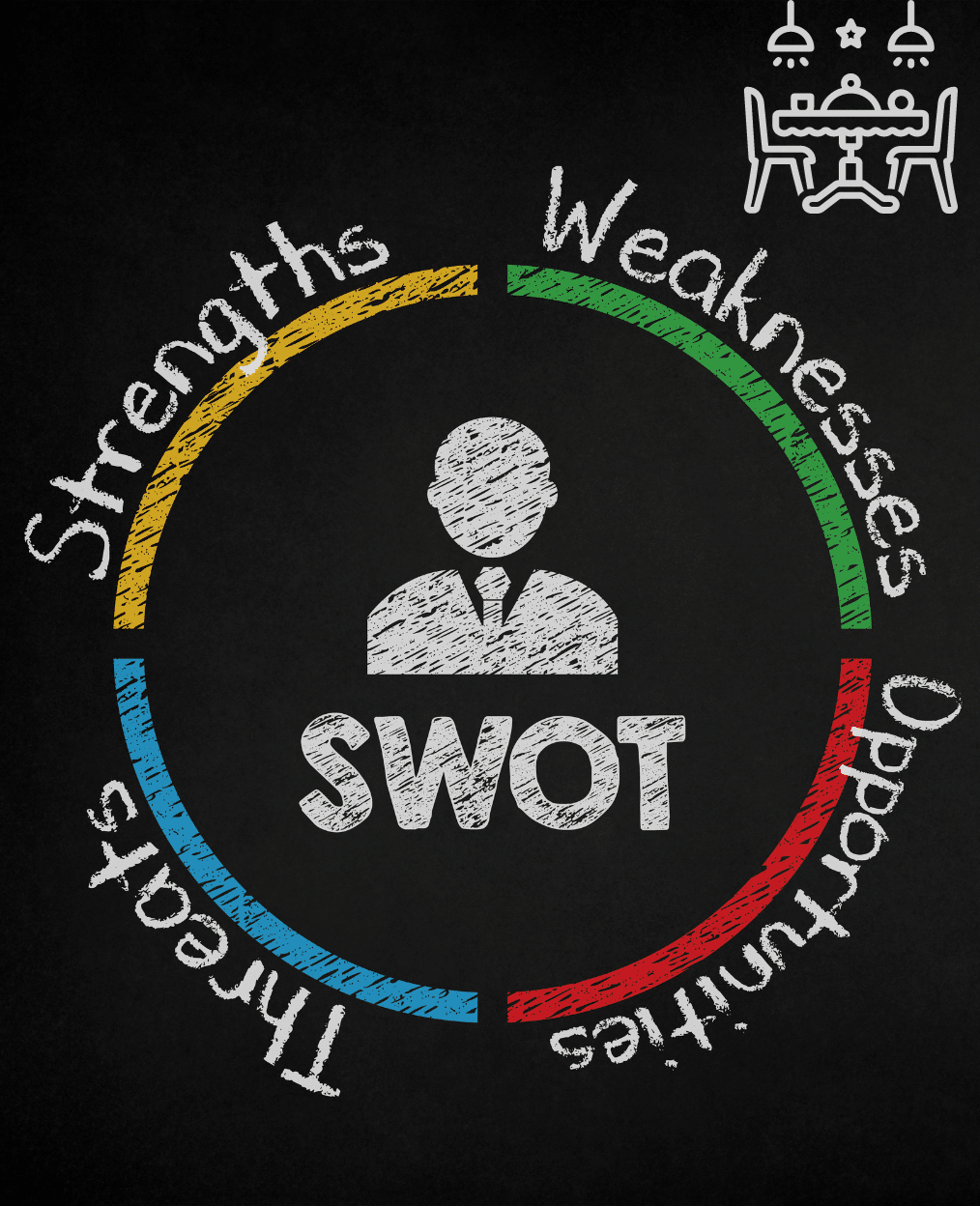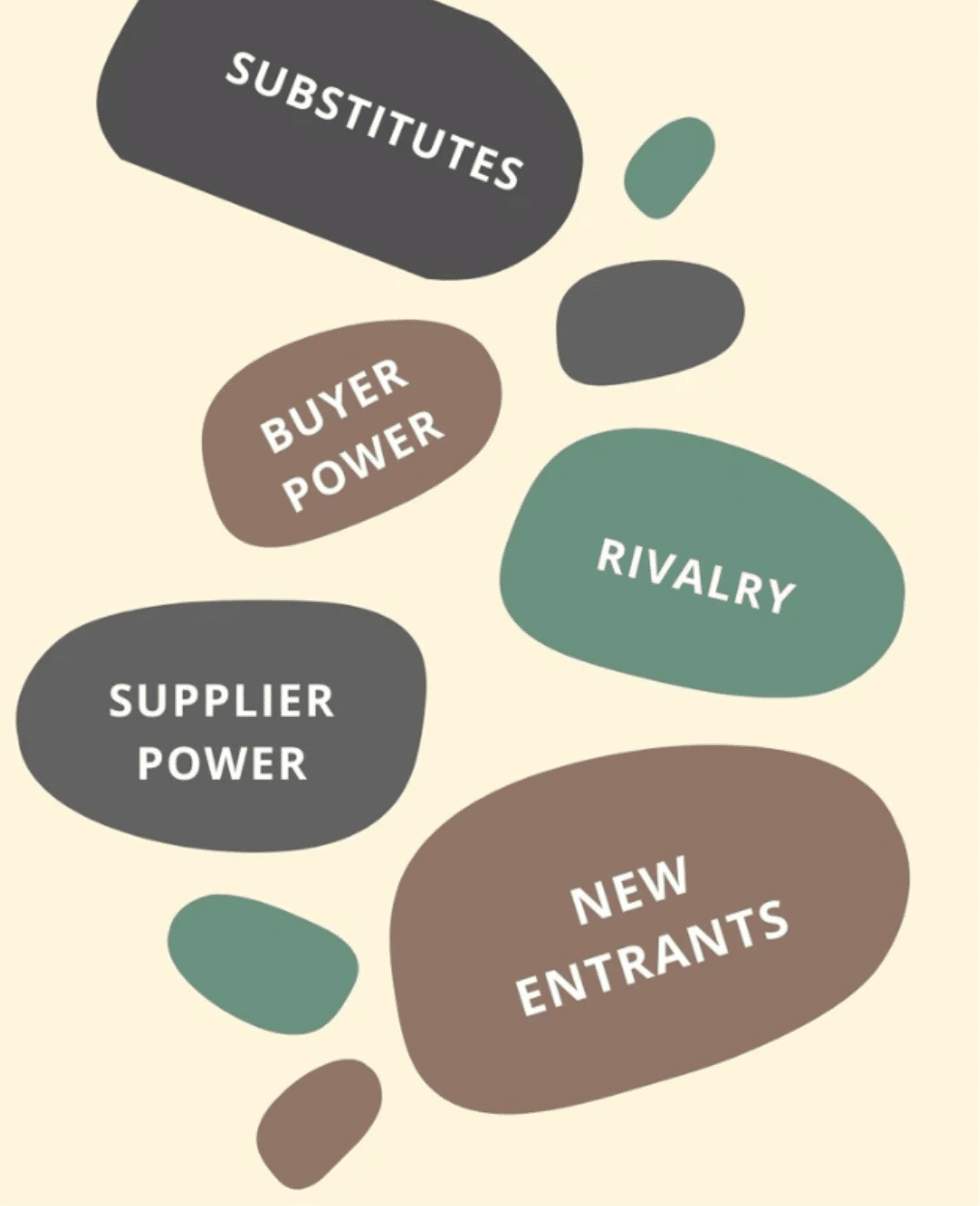Starting a new business can be overwhelming, and it’s crucial to convey the right message to your target audience. One of the ways to do this is by using powerful adjectives that can describe your business in a positive way. Adjectives are words that describe or modify a noun, and they can help you convey emotions, values, and characteristics that are associated with your business.
In this article, we’ll explore some startup adjectives that can help you create a powerful brand identity, establish a unique selling proposition, and differentiate yourself from the competition. Whether you’re creating a business plan, developing a marketing strategy, or writing website copy, these adjectives can help you convey the right message to your audience.
Why do Startup Adjectives Matter?

In today’s crowded marketplace, startups need to find a way to stand out and capture the attention of their target audience. One of the most effective ways to do this is by using startup adjectives to describe your business in a positive and memorable way. Startup adjectives can help you differentiate your business from your competitors and convey your unique selling proposition.
Using the right adjectives can also help you connect with your target audience on an emotional level. People tend to remember stories and experiences that elicit strong emotions and using powerful startup adjectives can help you create that emotional connection with your audience. By choosing adjectives that resonate with your target audience, you can communicate your brand’s personality and values in a way that is authentic and engaging.
How to Choose the Right Adjectives for Your Startup?
Choosing the right startup adjectives can be challenging, but it’s an essential step in building a strong brand identity. Here are some tips to help you choose the right adjectives:
Identify your brand values and personality
Your brand values and personality are the foundation of your brand identity. Your adjectives should align with these values and personality traits. For example, if your brand values sustainability, you might choose adjectives like “eco-friendly” and “sustainable.” If your brand personality is bold and daring, you might choose adjectives like “fearless” and “audacious.”
Consider your target audience
Your adjectives should resonate with your target audience. Think about what words they would use to describe your brand and products. For example, if your target audience is millennials, you might choose adjectives like “modern” and “innovative.” If your target audience is luxury shoppers, you might choose adjectives like “elegant” and “sophisticated.”
Look at your competition
Your adjectives should differentiate you from the competition. Look at what adjectives they’re using and try to choose ones that are unique to your brand. For example, if your competition is using adjectives like “innovative” and “disruptive,” you might choose adjectives like “unconventional” and “pioneering.”
Keep it simple
Don’t overload your messaging with too many adjectives. Choose a few that are most relevant to your brand and products. Using too many adjectives can dilute your message and make it harder for customers to remember.
Here are some examples of startups and the adjectives they use to describe their brand identity:
- Airbnb: “Belong Anywhere” – This phrase captures the essence of the Airbnb brand, emphasizing their commitment to creating a sense of belonging for travelers around the world.
- Warby Parker: “Fashion-Forward” – This adjective reflects Warby Parker’s commitment to designing stylish eyewear at an affordable price point.
- Tesla: “Innovative” – Tesla is known for its cutting-edge technology and commitment to pushing the boundaries of what’s possible in the automotive industry.
- Patagonia: “Sustainable” – This adjective reflects Patagonia’s commitment to social and environmental responsibility, including the use of sustainable materials and ethical manufacturing practices.
- Glossier: “Effortless” – This adjective captures the essence of the Glossier brand, emphasizing their focus on creating easy-to-use, no-fuss beauty products.
Remember, the adjectives you choose will play a key role in defining your brand identity and communicating it to your target audience.
By selecting adjectives that align with your brand values and personality, resonate with your target audience, differentiate you from the competition, and are simple and memorable, you can create a strong and lasting brand identity for your startup.
After you explore these 25 powerful startup adjectives, you may find yourself in need of some extra assistance in crafting compelling descriptions.
In that case, we highly recommend checking out Jasper AI, an innovative writing tool designed to help you generate creative and engaging content.
It’s an invaluable resource that many of our readers have found beneficial in their entrepreneurial journey.
Top 25 Startup Adjectives You Can Use
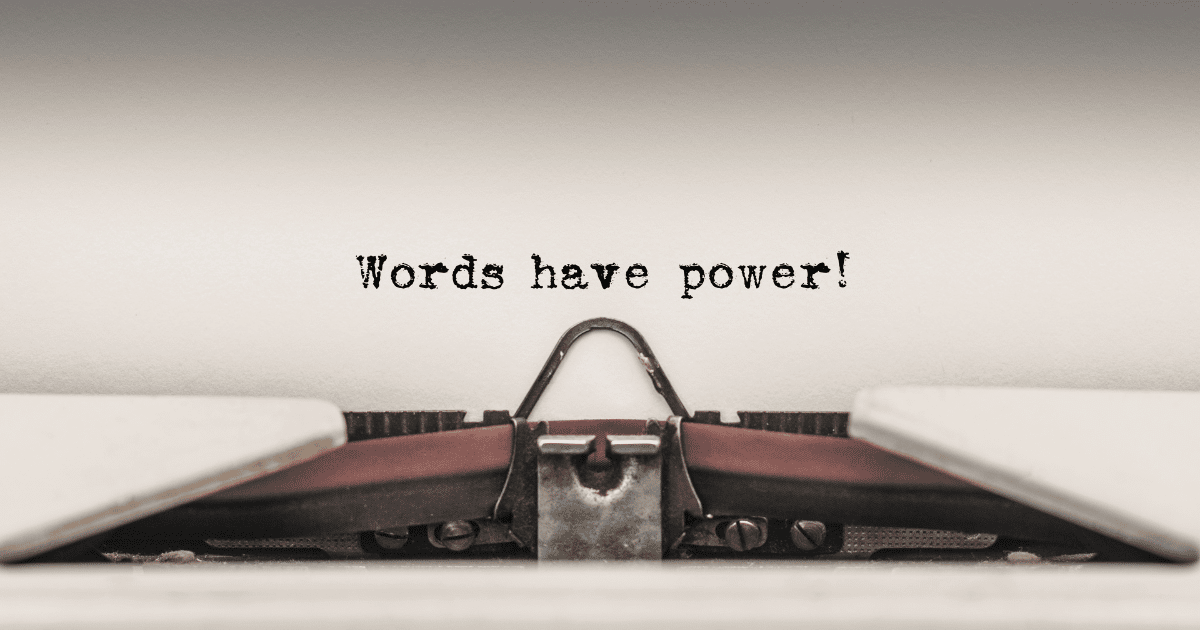
- Innovative: This adjective conveys the message that your business is constantly pushing the boundaries and coming up with new and creative ideas.
- Creative: This adjective emphasizes your business’s ability to think outside the box and come up with original and imaginative solutions.
- Authentic: This adjective highlights your business’s transparency, honesty, and commitment to delivering on promises.
- Bold: This adjective suggests that your business is courageous, daring, and unafraid to take risks.
- Agile: This adjective conveys your business’s ability to adapt and respond quickly to changing market conditions and customer needs.
- Disruptive: This adjective suggests that your business is challenging the status quo and revolutionizing the industry.
- Dynamic: This adjective conveys your business’s energy, enthusiasm, and ability to move quickly.
- Ambitious: This adjective suggests that your business has big goals and is committed to achieving them.
- Resourceful: This adjective emphasizes your business’s ability to find creative solutions to challenges and make the most of limited resources.
- Visionary: This adjective suggests that your business has a clear and ambitious vision for the future, and is willing to take risks to achieve it.
- Passionate: This adjective emphasizes your business’s enthusiasm, dedication, and love for what you do.
- Customer-Centric: This adjective suggests that your business puts the customer at the center of everything you do and is committed to providing the best customer experience.
- Reliable: This adjective emphasizes your business’s trustworthiness, dependability, and consistency.
- Scalable: This adjective suggests that your business has the potential to grow and expand quickly without compromising quality or customer experience.
- Sustainable: This adjective highlights your business’s commitment to social and environmental responsibility, and the ability to operate in a way that doesn’t harm the planet.
- Impactful: This adjective suggests that your business has a significant positive impact on your customers, employees, and the world around you.
- Collaborative: This adjective emphasizes your business’s ability to work effectively with others, including customers, partners, and employees.
- Efficient: This adjective suggests that your business operates in a way that is productive, streamlined, and optimized for maximum output.
- Nimble: This adjective conveys your business’s ability to be quick, flexible, and responsive to changing circumstances.
- Authentic: This adjective highlights your business’s genuine, sincere, and transparent approach to conducting business.
- Inclusive: This adjective suggests that your business is committed to diversity, equity, and inclusion, and values all individuals and communities.
- Human-centered: This adjective emphasizes your business’s focus on putting human needs and experiences at the forefront of your products or services.
- Game-changing: This adjective suggests that your business is shaking up the industry and changing the game with a revolutionary approach.
- Empathetic: This adjective suggests that your business is able to understand and relate to the feelings and experiences of others, including customers and employees.
- Global: This adjective conveys your business’s reach and impact on a global scale, and its ability to operate and connect with audiences around the world.
Building a Strong Brand Identity with Startup Adjectives
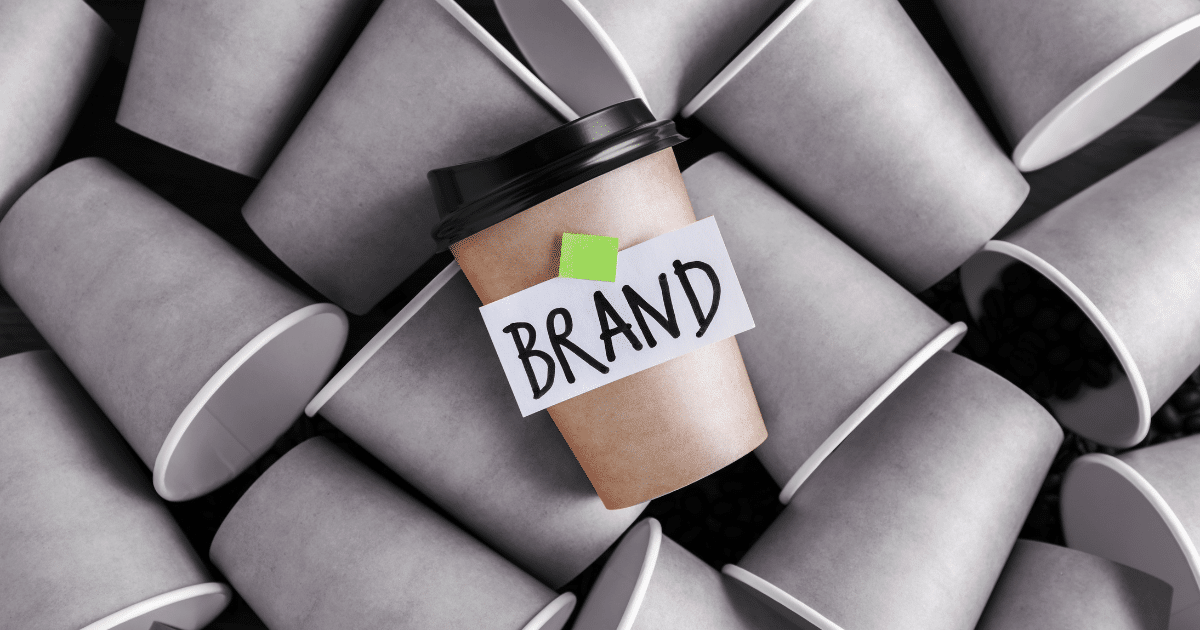
Your brand identity is the personality and values of your business that you want to convey to your target audience. It encompasses everything from your visual branding, such as logos and color schemes, to your messaging and values. Startup adjectives can help define and communicate this brand identity to your audience.
For example, if you want to position your business as a reliable and trustworthy brand, you may use adjectives like “dependable” or “consistent” in your messaging. On the other hand, if you want to convey a sense of excitement and innovation, you may use adjectives like “disruptive” or “cutting-edge.”
Using startup adjectives consistently across all of your branding and marketing materials can help establish a strong brand identity. This consistency can make your brand more memorable and recognizable to your target audience. For example, if you consistently use adjectives like “dynamic” and “agile” in your messaging, your audience may associate those traits with your brand and recognize them as part of your brand identity.
It’s important to consider your target audience when selecting startup adjectives for your brand identity. Consider what your audience values and what adjectives might resonate with them. If your audience is young and tech-savvy, you may want to use adjectives like “nimble” or “innovative” to appeal to them. Alternatively, if your audience is focused on sustainability and eco-friendliness, adjectives like “green” or “eco-friendly” may be more effective.
Using startup adjectives effectively can help build a strong brand identity that resonates with your target audience. By choosing adjectives that reflect your brand’s personality and values, using them consistently across all of your branding and marketing materials, and considering your audience’s values and interests, you can establish your business as a trusted and memorable brand.
Tips for using startup adjectives effectively
When it comes to using startup adjectives effectively, it’s important to not only choose the right words but also use them in the right context. Here are some tips for using startup adjectives effectively:
- Differentiate yourself from the competition: Using adjectives that set you apart from the competition can help establish a unique selling proposition and make your business stand out. For example, if you’re in the food industry, instead of using common adjectives like “fresh” or “delicious,” try using adjectives like “farm-to-table” or “locally sourced” to differentiate yourself from other food businesses.
- Communicate your brand values: Adjectives can help you communicate your brand values and personality to your audience. If your business values sustainability and environmental responsibility, you might use adjectives like “green” or “eco-friendly” to describe your startup. On the other hand, if your brand values innovation and creativity, you might use adjectives like “cutting-edge” or “disruptive.”
- Appeal to your target audience: Consider your target audience and what adjectives they might use to describe your startup. Using adjectives that resonate with your audience can help you connect with them on a deeper level. For example, if your target audience is a tech-savvy group, you might use adjectives like “tech-forward” or “digital-first” to appeal to them.
- Don’t overuse adjectives: While adjectives can be powerful, it’s important not to overuse them. Too many adjectives can make your messaging feel cluttered and confusing. Stick to a few key adjectives that are most relevant to your brand and products. For example, instead of saying “We’re an innovative, creative, customer-centric startup,” you could say “We’re an innovative and customer-centric startup.”
- Use adjectives in a variety of marketing materials: Adjectives can be used in a variety of marketing materials, including website copy, social media posts, product descriptions, and advertising campaigns. Using adjectives consistently across all of your marketing materials can help reinforce your brand identity and messaging. For example, if your brand values reliability and dependability, you could use adjectives like “reliable” and “dependable” in your product descriptions, social media posts, and advertising campaigns.
By following these tips, you can effectively use startup adjectives to communicate your brand identity and values, differentiate yourself from the competition, and appeal to your target audience.
The Benefits of Utilizing AI
The use of AI can be very helpful in choosing the right adjectives for your startup. AI tools, like Jasper AI or ChatGPT, can analyze large amounts of data to identify patterns and trends in language usage, which can provide insights into what adjectives are most effective in different contexts.
One example of how AI can be used in this way is sentiment analysis. Sentiment analysis uses natural language processing (NLP) to analyze text and determine whether the sentiment expressed is positive, negative, or neutral. By analyzing customer reviews, social media posts, and other online content related to your startup, you can get a sense of how people perceive your brand and products, and identify adjectives that are commonly used to describe them.
Another way that AI can help is by using machine learning algorithms to identify patterns in customer behavior and preferences. By analyzing customer data, such as purchasing history, search queries, and clickstream data, AI can help you identify the adjectives that are most likely to resonate with your target audience.
AI can also help you generate new adjectives based on your brand values and personality. For example, you can use natural language generation (NLG) tools to automatically generate adjectives based on a set of criteria, such as your brand’s mission statement, core values, and target audience.
In summary, startup adjectives can be a powerful tool for communicating your brand identity and differentiating yourself from the competition. By choosing adjectives that align with your brand values, resonate with your target audience, and set you apart from the competition, you can create a strong brand identity that resonates with your audience. Remember to use adjectives in the right context, avoid overusing them, and use them consistently across all of your marketing materials.
Using startup adjectives can help you create a powerful brand identity, establish a unique selling proposition, and differentiate yourself from the competition. By choosing adjectives that align with your brand values, resonate with your target audience, and differentiate yourself from the competition, you can effectively communicate the right message to your audience. Remember to keep it simple, choose a few adjectives that are most relevant to your brand, and avoid overloading your messaging with too many adjectives.
FAQs
Q1: How many adjectives should I use to describe my startup?
A: It’s best to choose a few adjectives that are most relevant to your brand and products. Avoid overloading your messaging with too many adjectives.
Q2: Can I use the same adjectives as my competitors?
A: It’s best to choose adjectives that differentiate yourself from the competition. Look at what adjectives they’re using and try to choose ones that are unique to your brand.
Q3: How can I ensure my adjectives resonate with my target audience?
A: Think about what words your target audience would use to describe your brand and products. Consider conducting market research or surveying your customers to get their feedback.
Q4: Can startup adjectives change over time?
A: Yes, as your business evolves and grows, it’s important to regularly evaluate and update your adjectives to reflect any changes in your brand identity and messaging.
Q5: Can startup adjectives be used in all types of marketing materials?
A: Yes, startup adjectives can be used in various marketing materials such as website copy, social media posts, advertising, and product descriptions. However, it’s important to ensure that the adjectives are used in a consistent and cohesive manner across all channels.
Q6: How do startup adjectives relate to brand storytelling?
A: Startup adjectives can play a key role in brand storytelling by helping to create a clear and compelling brand identity. By choosing the right adjectives, businesses can effectively communicate their values, personality, and unique selling proposition to their target audience.
Q7: Are there any common mistakes to avoid when using startup adjectives?
A: One common mistake is using adjectives that are too generic or overused, such as “innovative” or “cutting-edge.” It’s also important to avoid using adjectives that don’t accurately reflect your brand or products. Additionally, be sure to use adjectives in a way that is consistent with your brand voice and messaging.
Q8: Can startup adjectives be used for personal branding as well?
A: Yes, startup adjectives can be used for personal branding as well, such as for entrepreneurs and freelancers. By choosing the right adjectives, individuals can effectively communicate their personal brand and professional expertise to potential clients or employers.
A quick overview of the topics covered in this article.
Latest Posts
Subscribe to our newsletter
Get valuable insights and business guidance sent to your email.

